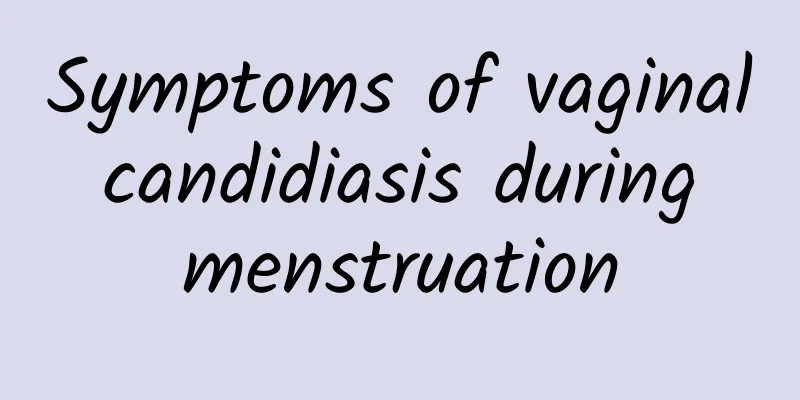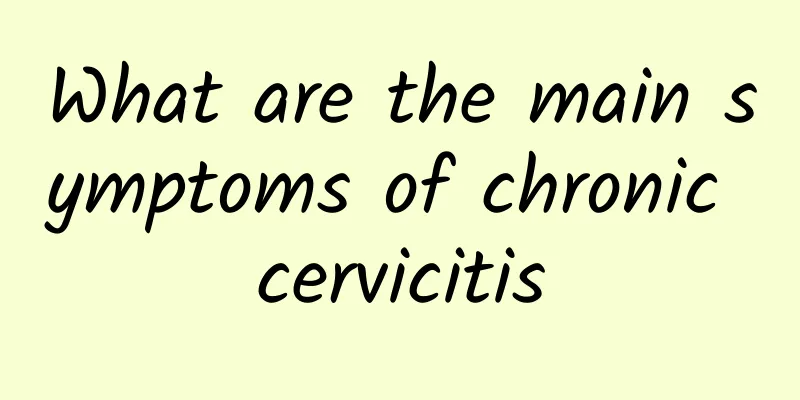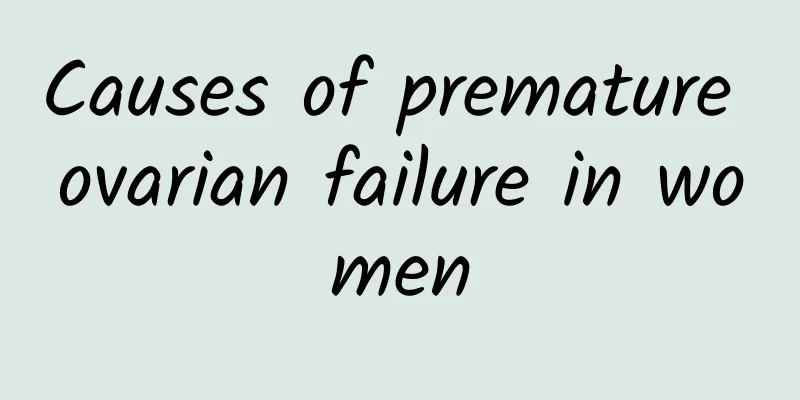Premature ovarian failure, will the ovaries be fine if I get pregnant?

|
The ovaries usually do not fully resume normal function after pregnancy, but pregnancy may bring a certain degree of improvement in hormone levels and a temporary improvement in ovarian function. The causes of premature ovarian failure are complex, and the specific conditions during pregnancy need to be based on individual differences and receive professional evaluation and follow-up from a doctor. 1 Causes of premature ovarian failure Premature ovarian failure is usually caused by the combined effects of multiple factors including genetics, environment, and physiology. Genetic factors: Family history may increase the risk of premature ovarian failure, especially women with chromosomal abnormalities or gene mutations need special attention. Environmental impact: Long-term exposure to chemicals such as chemotherapy drugs, heavy metals, or severe psychological stress and disrupted lifestyle may accelerate the decline of ovarian function. Physiological factors: Autoimmune diseases or infections may also attack ovarian tissue, leading to ovulatory dysfunction. Disease factors: Ovarian insufficiency, endocrine disorders, and certain hereditary metabolic diseases can affect the health of the ovaries. 2Possible situations after pregnancy due to premature ovarian failure While pregnancy is a positive condition, it is not a complete cure for premature ovarian failure. Improved hormone levels: Increased secretion of estrogen and progesterone during pregnancy can help relieve menopausal-like symptoms such as dryness and hot flashes, but this is a short-term phenomenon and will mostly disappear after the breastfeeding period. Changes in ovarian function: After pregnancy, the actual burden on the ovaries is reduced and the corpus luteum function becomes stable, but the normal reserve function of the ovaries cannot be permanently restored. Long-term impact: Studies have shown that even if individuals with premature ovarian failure become pregnant, there is a certain trend of ovarian function declining year by year, and the probability of restoring fertility is very low. 3Self-management and medical advice In order to better cope with premature ovarian failure and the situation after pregnancy, it is recommended to start from the following aspects: Drug therapy: Hormone replacement therapy such as estrogen supplementation can be used under the guidance of a doctor to help maintain hormone balance in the body and relieve uncomfortable symptoms. Dietary adjustments: Eat more foods rich in phytoestrogens, such as beans, flax seeds, and dark green vegetables. Supplement foods rich in antioxidants, such as blueberries and nuts. Intake of high-quality protein promotes body recovery. Moderate exercise: Try gentle aerobic exercises such as yoga and brisk walking to improve metabolism and mental health; avoid excessive intensity training to avoid further damage to the ovaries. Regular check-ups: Follow your doctor's advice during pregnancy to get a thorough check-up to understand your hormone levels and ovarian status. If symptoms of premature ovarian failure worsen after delivery, follow up promptly to avoid delaying treatment. Pregnancy is a short-term improvement for some patients with premature ovarian failure, but whether the ovaries "get better" depends on individual differences and treatment methods. Long-term management of premature ovarian failure still requires a regular lifestyle, medical intervention and psychological support. After delivery, please work with your doctor to develop a follow-up health plan to delay further deterioration of ovarian function and prevent related complications, such as osteoporosis or cardiovascular problems. |
<<: Can a blood clot in the cervix flow out during a spontaneous abortion?
>>: What is the main cause of pelvic inflammatory disease in girls?
Recommend
Wudou Shuanghong Decoction for the Treatment of Uterine Amenorrhea
The endometrium undergoes periodic changes due to...
How to protect the fetus in case of habitual miscarriage
How to protect the fetus in case of habitual misc...
What are the items for post-abortion review?
When it comes to abortion, many people are famili...
Eat soy milk and boiled eggs in the afternoon! Children are full and less likely to gain weight
The problem of obesity among teenagers is a red f...
How to treat mild cervical erosion with medicine? These medicines are effective in treating mild cervical erosion.
In life, most patients with cervical erosion feel...
How much does it cost to treat functional uterine bleeding?
Gynecologists at the hospital said that a normal ...
How much does Bartholinitis surgery cost?
After Bartholinitis is formed, the treatment meth...
How long is the interval between medical abortions?
If a woman wants to continue to have medical abor...
Eat starch for dinner to lose weight? Rely on 2 weight loss hormones
Want to lose weight, avoid starchy foods for dinn...
What is the main treatment for adnexitis?
Among the many types of adnexitis, uterine adnexi...
Does ovarian cyst need surgery? What should I pay attention to after surgery?
Does ovarian cyst require surgery? What should I ...
What are the common methods of treating cervicitis? The three most common methods of treating cervicitis
According to your question, how to treat cervicit...
What are the clinical manifestations of cervical erosion?
If you have cervical erosion, you should actively...
A brief introduction to the four major symptoms of cervical erosion
Symptoms of cervical erosion appear in the early ...
What are the main causes of pelvic inflammatory disease in life
Among the gynecological inflammatory diseases, pe...









